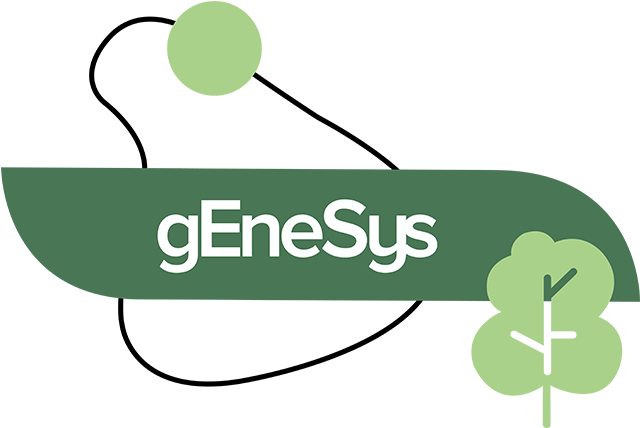About gEneSys

gEneSys conceptualises energy transition as a dynamic, gendered, mission-oriented socio-technical innovation ecosystem with several ‘subsystems’: technological, policy, social, environmental, governance, and economic, each with its own sustainability visions, values, and priorities, as well as change actors and stakeholders, who may also influence what happens in other subsystems.
Please click here see the short video prepared by the gEneSys team
gEnesys will:
Cooperate with partners in Africa to demonstrate the gender concerns in the EU’s and UN’s mission to supply/ensure access to affordable and secure energy and show how to integrate gender perspectives into SDG7 for gender equality benefits.
Improve understanding of “inclusion” by addressing the intersectional aspects of gender inequality through the analysis of existing data and by collecting, analysing, and theorising original data collected in the project through extensive surveys.
Review EU and national energy-related policy frameworks to identify the extent to which gender mainstreaming is being implemented.
Examine available statistics on the participation and roles that women hold in energy-related sectors as researchers, innovators, entrepreneurs, and employees. It will also collect new data to understand the behaviours and attitudes to energy transition of women and men as citizens and consumers.
Assemble the gender evidence base for transformative climate and environmental policies with an intersectional approach to reduce climate and environmental impacts to help challenge patriarchal and other discriminatory structures.
Apply gender lens to the 400 priority SSH research questions recommended by the EU Energy SHIFTS project (only 20 of which refer directly to gender) to support study design with appropriately considered intersectional aspects of gender dimension.
Improve understanding how countries can use the shift towards sustainable energy to tackle systemic gender discrimination within societies.
Assemble the evidence base on energy-related emerging career directions and opportunities for women as researchers, innovators, entrepreneurs, and employees, together with examples of mechanisms enabling their greater participation
Use the broader socio-cultural-political aspects to promote international collaborations and engagement of the wider range of change actors and stakeholders in Europe and Africa to show the benefits of using gender equality as a lever in achieving sustainable socio-economic development.
Demonstrate how to integrate gender-intersectional perspectives into the production, application, and communication of knowledge on energy transition.

